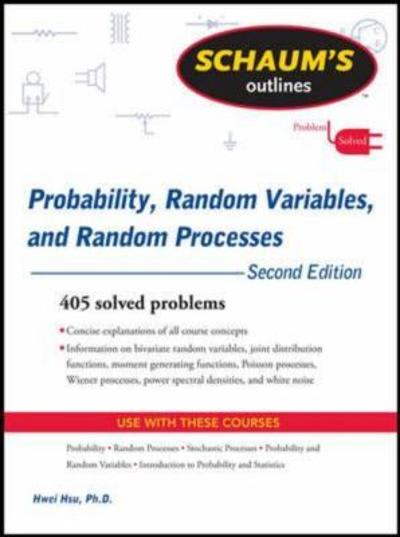Question
1- Is the Lying on the Internet study observational or experimental? Group of answer choices -experimental -observational 2-Identify each variable in the Lying on the
1- Is the Lying on the Internet study observational or experimental?
Group of answer choices
-experimental
-observational
2-Identify each variable in the Lying on the Internet study as an explanatory variable or a response variable.
-Explanatory: The communication method.
Response: Whether or not the person lied.
-Explanatory: Whether or not the person lied.
Response: The communication method.
-Explanatory: The sex of the person.
Response: Whether or not the person lied.
-Explanatory: Whether or not the person lied.
Response: The sex of the person.
3- If you had 30 male and 18 female subjects and assigned all (or most) of the men to the Internet group, you would not be able to tell whether it was the sex of the participant or the format of the game that was causing the difference.
What could you do differently to address this concern (or avoid being in this situation)?
4- What does it mean to be "balanced with respect to a possible confounding variable?"
-The distribution of the variable is the same for each group in the study.
-All the groups are the same or very similar
5- Why is it important to use random assignment to determine experimental groups?
-To balance out potentially confounding variables among the explanatory groups, giving us the potential to draw cause-and-effect conclusions.
-To make it easier to form the experimental groups.
-To balance out the potential effect of the confounding variables we know about.
6- In an observational study, we call the individuals being studied ___________________________. In an experiment, we can call sometimes call the individuals in the study _________________________________.
-Blank#1: observational units
Blank#2: experimental units
-Blank#1: experimental units
Blank#2: observational units
7-In the Good and Bad Perceptions study, what research question were the researchers trying to investigate?
-How does the phrasing of a question affect a person's response to the question?
-Was the person having a good year?
-Was the person having a bad year?
-Did the person perceive whether they were having a good or bad year?
8- Identify the observational units in the Good and Bad Perceptions study.
-The 30 students.
-The 30 responses to the questions.
-The 30 questions.
-The proportion of students having a good year.
9- Identify and classify the explanatory variable.
-Was the question wording "having a good year" or "having a bad year"?
(categorical)
-Whether the student's perception of their year was positive or negative.
(categorical)
-How many good or bad years a student had recently.
(quantitative)
-How many questions the students were asked.
(quantitative)
10- Identify and classify the response variable.
-Was the question wording "having a good year" or "having a bad year"?
(categorical)
-Was the student's perception of their year positive or negative?
(categorical)
-How many good or bad years the student had recently.
(quantitative)
-How many questions the student was asked.
(quantitative)
11-Is this an observational study or an experiment?
-randomized experiment
-observational study
12- Organize the data into a two-way table of counts, with the explanatory variable groups in the columns.
| Question: "Good year" | Question: "Bad year" | Total | |
| Positive perception | |||
| Negative perception | |||
| Total | 18 | 12 |
Identify your answers below using the letter labels in each of the boxes
13- Calculate the conditional proportion of positive responses for each explanatory variable (show the division problem you did to calculate each proportion):
-p^Good year=
-p^Bad year=
14- Calculate and interpret the relative risk in this study.
Step by Step Solution
There are 3 Steps involved in it
Step: 1

Get Instant Access to Expert-Tailored Solutions
See step-by-step solutions with expert insights and AI powered tools for academic success
Step: 2

Step: 3

Ace Your Homework with AI
Get the answers you need in no time with our AI-driven, step-by-step assistance
Get Started


